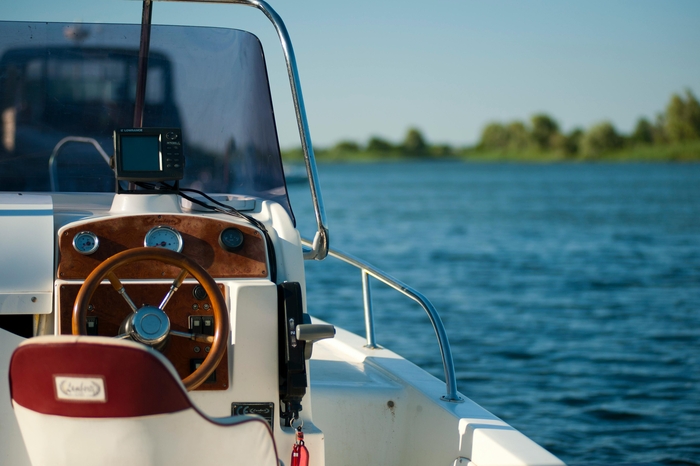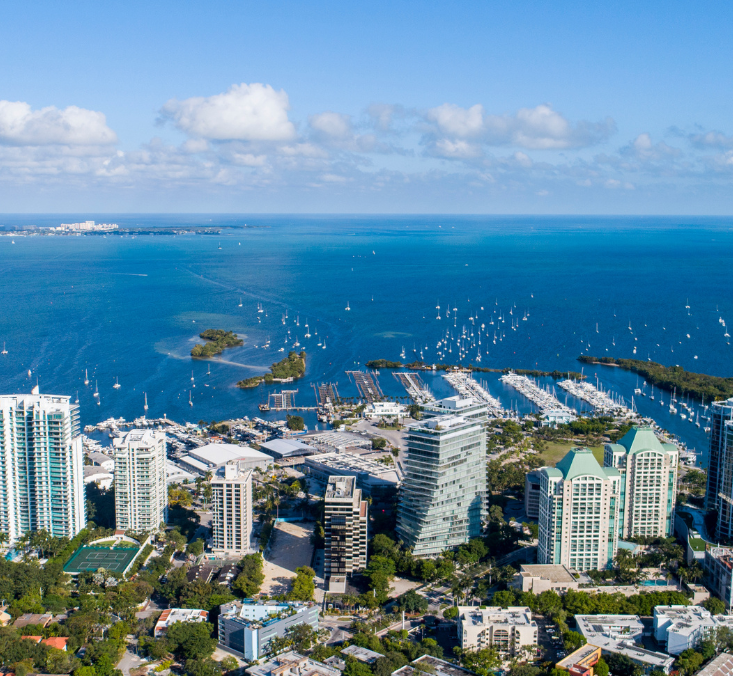Imagine a scenario where Florida's waterways become the Wild West — a place where operators of vessels have little accountability for reckless behavior, safety measures are disregarded, and fishing regulations go unchecked. This isn't a fictional dystopia; it could very well be the future of boating in Florida under Governor Ron DeSantis' proposed bill to bar the Florida Fish and Wildlife Conservation Commission (FWC) from searching vessels to enforce critical regulations.
For the boating community, this proposed legislation may signal a potential unraveling of safety and sustainability on the water. The absence of routine vessel inspections could create a ripple effect, jeopardizing public safety, harming wildlife, and eroding Florida’s reputation as one of the premier boating destinations in the United States.
Why This Matters to Every Florida Boater
Governor DeSantis’ proposal might seem favorable to those seeking freedom from regulatory oversight, but the implications extend far beyond individual liberties. Florida's waterways accommodate over 950,000 registered vessels — they are bustling, dynamic, and inherently risk-laden environments. Unlike roads and highways, there are no clearly defined lanes, stoplights, or speed limits that universally govern boating traffic. This makes the proper enforcement of regulations absolutely necessary.
For responsible boaters who take pride in operating safely and in compliance, this bill threatens to undermine the very systems that ensure everyone can enjoy waterways responsibly and sustainably. Here’s why it should concern you:
1. Unchecked Alcohol Use
Operating a vessel while impaired is one of the leading causes of boating accidents nationwide. Without the ability for FWC officers to board vessels and conduct inspections, identifying operators under the influence becomes exceedingly difficult. Boating under the influence (BUI) does not present itself the way driving under the influence (DUI) does; there are no lanes to weave through or marked deviations to observe from the shore. Without proactive enforcement, impaired boat operators gain free rein, putting countless lives at risk.
2. Life Jackets Save Lives
Personal Flotation Devices (PFDs) are lifesaving tools that are mandatory for boat passengers in many situations. However, ensuring compliance requires inspection. A PFD tucked away in a compartment doesn’t save lives — it needs to be correctly worn and appropriately fitted. The proposed legislation would restrict the FWC from verifying such compliance, leaving boaters, especially children and inexperienced passengers, vulnerable in emergencies.
3. Enforcing Fishing Regulations
Florida’s $13-billion recreational fishing industry depends on sustainable practices to protect its marine ecosystems. However, without the authority to inspect vessels, the FWC cannot ensure compliance with fishing regulations. Overfishing, catching undersized species, and exceeding bag limits threaten the delicate balance of aquatic ecosystems. Such practices could proliferate unchecked, jeopardizing fish populations and the livelihoods of communities that depend on them.
The Hidden Costs of Less Accountability
At first glance, reducing the FWC’s authority to board vessels may appear as a win for personal freedom, but it has potentially dangerous long-term consequences. Public safety incidents, ecological damage, and unregulated boating could lead to higher insurance premiums, stricter regulations in the future, and a tarnished reputation for Florida as a tourist destination. There’s also the moral question of whether this bill enables irresponsible behavior by removing any meaningful deterrence against those who place personal gain above collective welfare.
A Path Forward That Protects Both Freedom and Safety
While no one relishes over-enforcement or invasive inspections, this proposal represents an overcorrection that sacrifices safety, accountability, and environmental stewardship. The boating community deserves a balanced approach that respects individual liberties while maintaining clear and enforceable standards across Florida’s waterways.
Here’s what’s needed instead:
Modernized Inspection Technology:
Use advanced technological monitoring tools, onboard reporting apps, or unmanned drones to reduce the need for physical inspections while still maintaining compliance.
Targeted Enforcement Zones:
Focus inspection efforts on high-risk areas or times, such as holiday weekends or crowded marinas, ensuring coverage with fewer resources.
Enhanced Education Efforts:
Educate boaters on regulations and safety practices to foster voluntary compliance, reducing the need for enforcement in the first place.
Consultation with Stakeholders:
Decision-makers must involve FWC officers, fishing organizations, and boating communities in crafting commonsense policies that balance freedom with accountability.
Boaters Must Speak Up
Rules and regulations alone cannot guarantee safety on the water; enforcement is the mechanism that gives these rules weight. The FWC has long served as a guardian of Florida's waterways, working to protect both people and marine life. Stripping its ability to carry out inspections opens the door to chaos — a reality no responsible boater should accept.
We urge every boating enthusiast and concerned citizen to take action. Contact your local representatives, share this article with your community, and lend your voice to a united effort to safeguard Florida’s waterways. Together, we can push for smarter, more effective solutions.
Florida’s waterways are a shared treasure. They deserve rules that protect them and enforcement that keeps us all safe.




